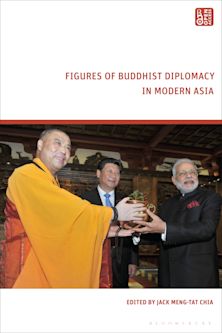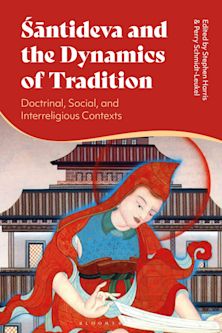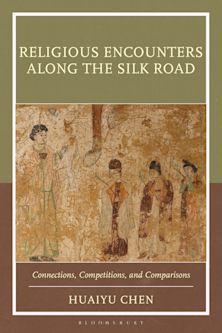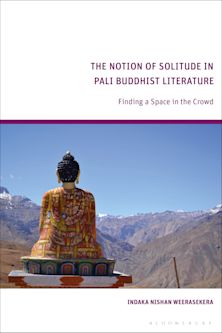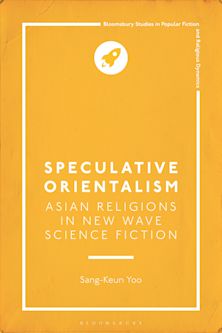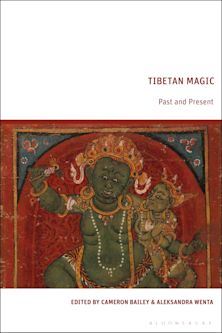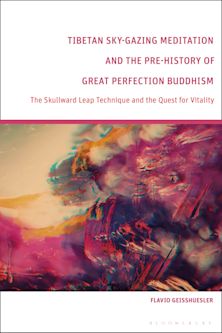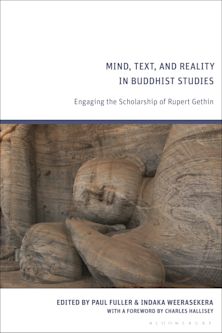Creating the Culture of Peace
A Clarion Call for Individual and Collective Transformation
Creating the Culture of Peace
A Clarion Call for Individual and Collective Transformation
Description
The culture of peace and non-violence is essential to human existence, development and progress. In 1999, the United Nations General Assembly adopted by consensus the norm-setting, forward-looking “Declaration and Programme of Action on a Culture of Peace”. Governments, institutions, NGOs, other civil society entities and, in particular, individuals – all are encouraged therein to contribute to the global movement for the culture of peace.
Related to this vision, this rich and varied dialogue discusses how the culture of peace can be achieved in the world. Based on the extensive personal and professional experiences of two high-profile thinkers and activists, they analyse the challenges unfolding at local, national and global levels and how these relate to humanity's quest for peace, human security and happiness. Although coming from very different positions – one a Buddhist philosopher, educator and leader; the other a UN diplomat renowned for his international work in peace, development and human rights – these interlocutors are united in their search for justice and better quality of life for all and their conviction that women and young people are the most effective means to achieving positive change in the world.
The dialogue provides ideas on the key challenges that face our planet: poverty and deprivation, war and violence, nuclear weapons and small arms, climate change and environmental degradation, weak governance and financial crises, marginalization of women and alienation of youth and the relentless drive for materialism. They also invite us to consider how the culture of peace can be practically achieved through an individual, collective and institutional transformation.
Recognizing that global citizenship, multilateralism, women's equality and value-creating education are central and inter-linked themes, this dialogue also underscores the inherent strength of spirituality, compassion, empathy, forgiveness, respect for diversity and empowerment that comes from the trials and tribulations of life.
Table of Contents
2 The Struggle for Independence
3 Rabindranath Tagore, Poet of Humanity
4 Education of the Whole Person
5 Children's Rights
6 A Constant Renewal of Strength
7 An Effective United Nations
8 The Congress of Humanity
9 To Protect the Vulnerable
10 Redefining Development
11 No Peace Without Women
12 The Road to Hope
13 The School of Life
14 Opening the Book of the World
Epilogue
Appendix 1. Selected Works-Daisaku Ikeda
Appendix 2. Selected Works-Anwarul K. Chowdhury
Notes
Index
About the Authors
Product details
| Published | Jul 23 2020 |
|---|---|
| Format | Ebook (Epub & Mobi) |
| Edition | 1st |
| Extent | 272 |
| ISBN | 9781786725707 |
| Imprint | I.B. Tauris |
| Illustrations | N/A |
| Publisher | Bloomsbury Publishing |

ONLINE RESOURCES
Bloomsbury Collections
This book is available on Bloomsbury Collections where your library has access.












